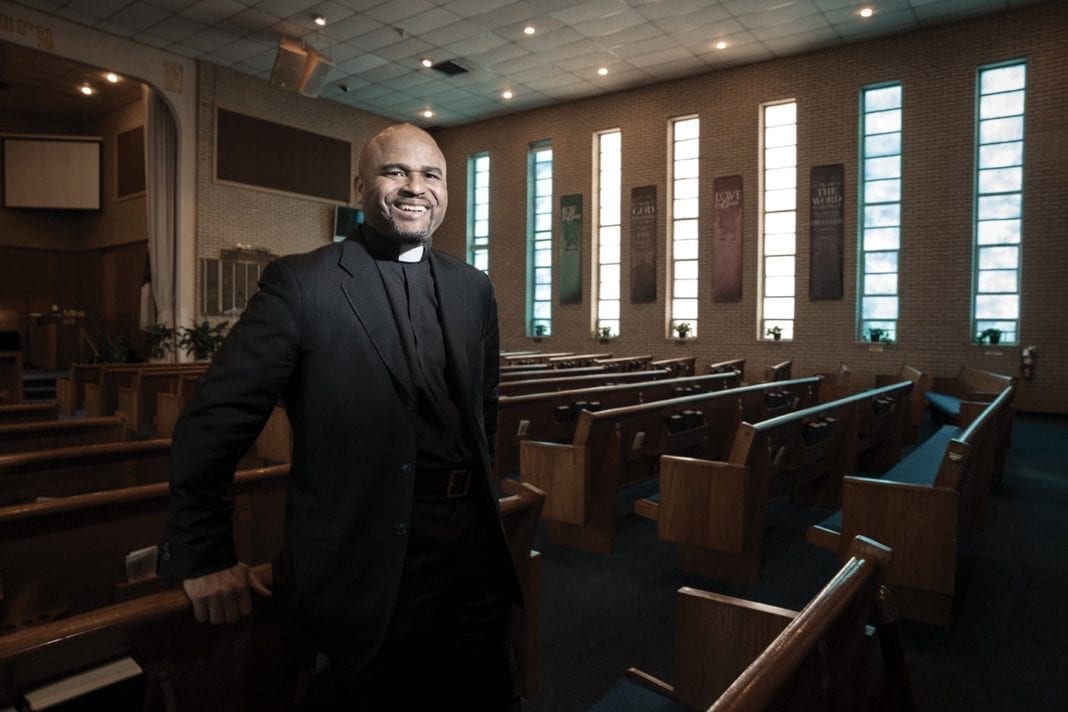Systems for Action, a national program of the Robert Wood Johnson Foundation, awarded FAAITH, a new Trenton-based Non-Goverment Organization (NGO), Tufts Medical Center, and the Shiloh Community Development Corporation a one-year planning grant to expand a congregationally-based, faith-infused home visiting program to address racial disparities and inequities.
The project, FAAITH (Faith-leaders Allied and Aligned to Institute Trust in the Home) and HOPE (Faithleaders Allied and Aligned to Institute Trust in the Home) for equitable systems alignment, will support the Shiloh Pastor and FAAITH Founder, Rev. Darrell Armstrong’s, efforts to include the research-based HOPE framework into his ministries, to help families and the whole faith community better understand the developmental needs of “the blessing of life (babies) God has given them.”
The HOPE framework is shown to improve lifelong mental health for all children, including children who have been through trauma. Pastor Armstrong serves on the national advisory board of the HOPE National Resource Center at Tufts Medical Center, and researchers there, led by Dr. Allison Stephens, will support use of the framework in ministry, while also collecting and analyzing data about inequities the church members face in medical, social, and public health systems.
The Henry J. Austin Health Center, City of Trenton, Central Jersey Family Health Consortium, Capitol County Children’s Collaboration, Prevent Child Abuse New Jersey, Capital Health System, and the Robert Wood Johnson/Barnabas Health Hospital System are joining this project to move the community forward towards health equity. Shiloh, Trenton’s oldest Black Baptist house of worship (founded in 1880), and all of our partners are excited to support the Robert Wood Johnson Foundation’s goals of reducing health disparities among Black New Jerseyans and of creating an overall Culture of Health in the Garden State.
The project also challenges the public health idea that people’s communities are geographic only. “Most people identify their communities by affiliation and culture, not zip code. Yet, most of public health funding focuses only on where people live,” said Dr. Robert Sege, Director of the HOPE National Resource Center and founder of the HOPE framework. Rev. Armstrong added, “Many of us would include our places of worship as an important anchor community in our lives. This grant allows us to highlight and demonstrate the unique role and vital impact faith communities can have on the health and wellbeing of children, families, and communities.”
Systems for Action is a signature research program of the Robert Wood Johnson Foundation (RWJF) that aims to discover and apply new evidence about ways of aligning delivery and financing systems across the medical, public health, and social services sectors that support a Culture of Health.





